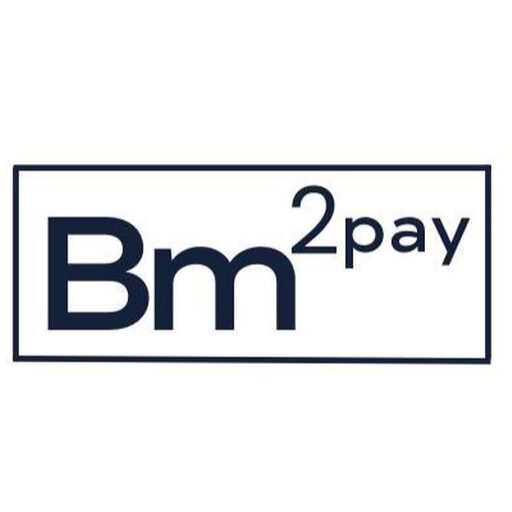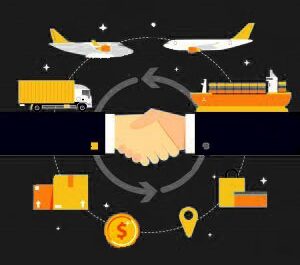Much has been said about the disruptive role that fintech companies will play once open banking becomes obligatory throughout the EU, and more widespread in the UK. Fintech pioneers are already offering a wide range of services for different niches and verticals connected to various aspects of banking and finances. What kind of products/services are these startups providing? Who is their target audience and what makes their offering unique?
Here are some of the most inventive fintech initiatives already meeting a wide range of challenges related to open banking today:
TrueLayer
TrueLayer has developed a platform to help third-parties enhance KYC compliance processes, open banking, and PSD2 qualifications. TrueLayer’s APIs, one for account data and another for payments, enable turnkey access to banking data, eliminating the need for companies to design their own integrations. TrueLayer has developed partnerships with a variety of financial entities involved in open banking, personal finance, and accounting. The startup is regulated by the UK’s Financial Conduct Authority (FCA).
Divido
Divido provides retailers with the ability to offer consumer credit at the checkout stage of an online purchase. The company pools several lenders, so that when a customer applies for credit online or in-store, Divido submits the details to its connected lenders through an API for an immediate decision. Divido offers its services in multiple currencies to retailers, lenders and banks.
iwoca
iwoca provides loans to SMB companies in the UK, Poland, Spain and Germany. It also offers open banking in conjunction with several well-established traditional banks including Lloyds Bank, Barclays and HSBC, so that borrowers can instantly submit verified information. iwoca claims that its technology enables decision-making based on a company’s business performance and not just a credit score, thereby providing greater opportunities for SMBs.
GoCardless
GoCardless’ main niche is bank-to-bank payment methods. GoCardless defines itself as a platform enabling customers to access a variety of payments systems without having to integrate with each one separately. Through its direct debit offering, retailers can collect one-off or recurring payments automatically.The startup’s aim is to facilitate more direct payment methods across a wide range of locations.
DoPay
DoPay’s cloud-based payroll platform enables employers to pay staff who do not have a bank account (some 2 billion people worldwide) without any need to pay cash.
The platform facilitates various payroll processes like calculating salaries and submitting government forms. Salaries are paid into a DoPay account, while recipients are provided with a pre-paid Visa card to use in-store or online, as well as a mobile phone app to manage their finances.
Chip
Chip is an automated savings app which connects to the user’s current account. The Chip algorithm calculates how much the customer can afford to save and transfers the designated amount to a Chip savings account, which is held with Barclays. The sum is continuously adjusted based on the user’s spending habits. Chip has applied to the FCA to become a regulated account information service provider (AISP). Once the company qualifies, no bank will be able to deny its customers access to Chip’s services.
Yapily
Yapily aims its services at fintech developers, providing tools to connect their apps to retail banks, gain access to users’ account data, and initiate payments via its APIs. Yapily features a transparent API that does not store any data. The service is charged per use rather than per user.
Yolt
The free Yolt app categorizes payments, predicts outgoings and has a partner marketplace for deals related to a variety of financial services. It also offers financial advice in-app.This user-friendly interface connects to a range of bank accounts and banks including Lloyds Banking Group, RBS and HSBC brands, as well as challenger bank Starling.
Smart Bill
Smart Bill focuses on the ‘subscriptions trap,’ which involves consumers who are being automatically billed for unwanted subscriptions that they have forgotten.Once granted permission, Smart Bill currently scrapes the user’s bank account to discover recurring payments and categorize them. Users can review the subscriptions and have Smart Bill cancel them. The app also identifies renewal dates for a variety of services and automatically ensures users will be getting the best deal at renewal.
New fintech companies are bringing greater financial opportunities to retailers, SMBs, banks, customers, fellow fintech startups, employers and a wide range of other entities. It is only to be expected that as open banking expands, many more fintech initiatives will develop to serve new needs and diverse audiences.





